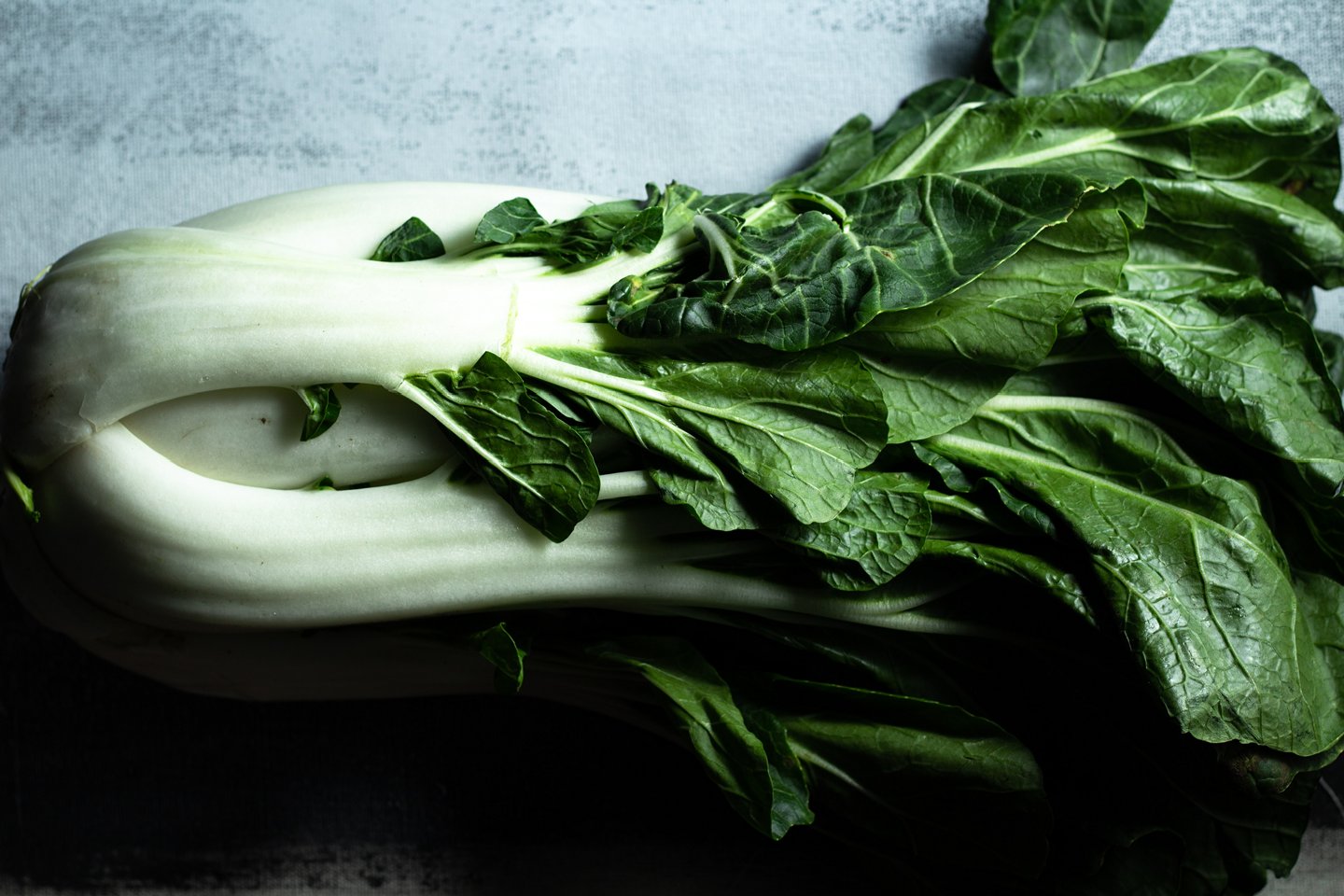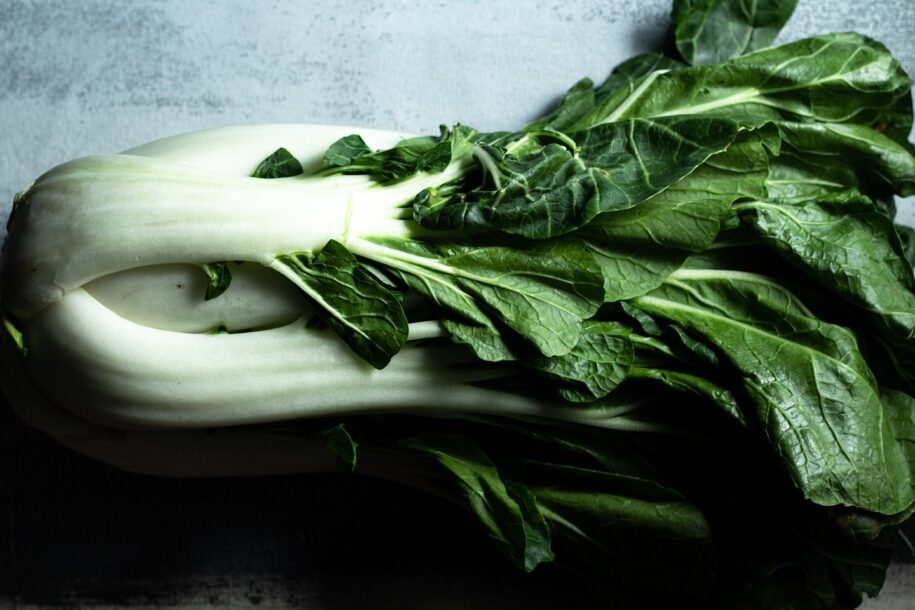Feeling Sluggish? Try These Brain-Boosting Foods

Weighing about 3 pounds in the average adult, the brain is made up of approximately 60% fat and 40% a combination of water, protein, carbohydrates and salts. This complex organ controls thought, memory, emotion, and every process that regulates our body (1). While many factors can contribute to cognitive decline, like poor diet, sedentary lifestyle, brain injury, mood disorder, or age-related changes, certain additions to your diet can protect and boost your brain-health.
In today’s article, we’re going to highlight four brain-boosting superfoods if you’re feeling sluggish, forgetful or are simply looking to support this complex organ.
Leafy Greens
Let’s start with a motivating statistic.
Studies have shown that consumption of green leafy vegetables was associated with slower cognitive decline that can be translated to the equivalent of being 11 years younger in age (2)!
The primary nutrients responsible for this statistic are vitamin K (phylloquinone), lutein, beta-carotene, nitrate, folate, kaempferol, and alpha-tocopherol (vitamin E) (3). Among all of the different types of vegetables, green leafy vegetables have been identified as having the strongest protective relations against cognitive decline (4).
One serving per day of green leafy vegetables, like spinach, kale, collards, or lettuce is all you need to benefit from these nutrients!
Walnuts
Rich in antioxidants, flavonoids, phenolic acid, melatonin, folate, alpha-tocopherol (vitamin E), selenium, omega-3 fatty acids, protein, fiber, phosphorus, and magnesium it’s easy to say that walnuts are a superfood (5).
Walnuts contain several components that have antioxidant and anti-inflammatory effects, which in turn, can improve cognitive performance, enhance memory, and boost brain function while reducing the risk and/or progression of certain diseases such as mild cognitive impairment or Alzheimer’s (6).
Several studies have suggested that walnuts may also decrease the risk or progression of other brain disorders such as Parkinson’s disease, stroke, and depression (7).
Berries
Recent clinical research has shown that berry fruits can prevent age-related neurodegenerative diseases and improve motor and cognitive functions. The neuroprotective effects of berry fruits are related to phytochemicals such as anthocyanin, caffeic acid, catechin, quercetin, kaempferol, and tannin (8).
While all berries are good for brain health, the blueberry should take the spotlight. Blueberries are bursting with antioxidants, specifically flavonoids. These antioxidants stimulate the flow of blood and oxygen in the brain, resulting in boosted concentration (9).
Regularly incorporating berries like strawberry, blueberry, bilberry, blackcurrant, blackberry, and mulberry is a great way to protect, support, and boost your brain health.
Fatty Fish
Omega-3 fatty acids, a major building block of the brain, play a role in sharpening memory, improving mood, and protecting your brain against cognitive decline. Fatty fish happens to be the best source of two of the three most important omega-3s, EPA and DHA.
Studies show that minimal intake of marine omega-3s increases the risk for numerous mental health issues, including Attention Deficit Hyperactivity Disorder (ADHD), autism, bipolar disorder, depression, and suicidal ideation (10).
Conversely, regular intake of fatty fish, or supplementation of omega 3s, has shown to improve numerous mental health conditions and benefit overall brain health.
Aim to incorporate fatty fish like anchovies, salmon, trout, cod, and sardines a few times a week.
In addition to incorporating these brain-boosting superfoods, remember that cognitive health is a reflection of many different lifestyle factors. Aim to eat a variety of nutrient-dense whole foods, while paying close attention to your stress levels, digestive function, amount and quality of sleep, and frequency of physical activity!
*The information in this article is not intended or implied to be a substitute for professional medical advice, diagnosis or treatment.
Courtney Hasseman is a nurse practitioner and midwife who provides integrative women’s health and gynecologic care. Specializing in hormonal and menstrual health, Courtney can manage everything from your well-woman exam, gyn concerns, functional lab testing, personalized nutrition programs, and integrative approaches to menstrual disorders. She offers both in-person visits and online consultations based from her Historic Leesburg clinic.
SOURCES
1. “Brain Anatomy and How the Brain Works.” Johns Hopkins Medicine, 14 July 2021.
2-4. Morris, Martha Clare, et al. “Nutrients and Bioactives in Green Leafy Vegetables and Cognitive Decline: Prospective Study.” Neurology, Lippincott Williams & Wilkins, 16 Jan. 2018.
5-7. Chauhan, Abha, and Ved Chauhan. “Beneficial Effects of Walnuts on Cognition and Brain Health.” Nutrients, MDPI, 20 Feb. 2020.
8. Subash, Selvaraju, et al. “Neuroprotective Effects of Berry Fruits on Neurodegenerative Diseases.” Neural Regeneration Research, Medknow Publications & Media Pvt Ltd, 15 Aug. 2014.
9. Northwestern Medicine. “Best Foods for a Healthy Brain.” Northwestern Medicine.
10. DiNicolantonio, James J, and James H O’Keefe. “The Importance of Marine Omega-3s for Brain Development and the Prevention and Treatment of Behavior, Mood, and Other Brain Disorders.” Nutrients, MDPI, 4 Aug. 2020.
